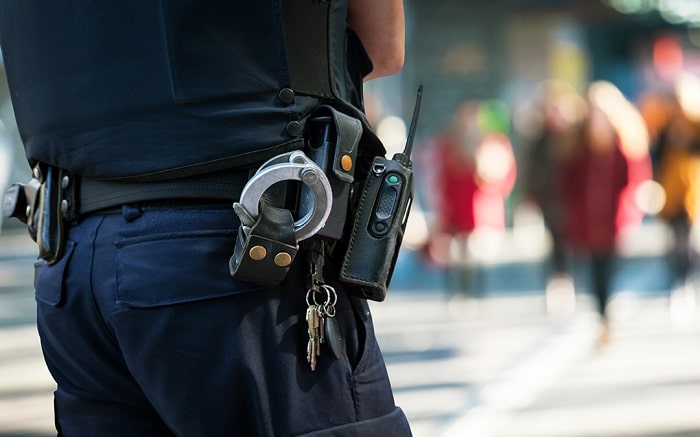Is it Good to Cooperate with the Police?
Being stopped by police is no joke and can result in arrest and criminal charges if certain facts and actions are present. However, merely engaging with law enforcement is unnerving. What makes the experience so unnerving is the lack of familiarity with the criminal justice system, especially from the point of view of law enforcement.
Law enforcement has a greater depth of understanding of the criminal justice system because they deal in that arena on a daily basis. As a result, most individuals may not know specifically what their rights and responsibilities are. Retaining an experienced criminal defense lawyer can help level the proverbial playing field because he/she is also well versed in this arena, in most cases, also on a daily basis. Looking at the specific circumstances of a stop or conversation with a police officer, many may be unaware whether cooperation must be provided to law enforcement.
To this end, a California law, from the frontier days of the State, maybe get an overhaul. Currently, it is a misdemeanor to refuse to comply with a call for assistance by law enforcement, but a California Assemblyman is looking to repeal that 1872 law. A discussion of law enforcement’s power of arrest, and what cooperation is required to be provided to law enforcement, will follow below.

Why Should You Stay Calm and Cooperate with the Police?
California law allows law enforcement officers to arrest an individual in one of the following situations:
- Pursuant to a warrant; or
- Without a warrant, if one of the following is true:
- The officer has probable cause to believe that the individual has committed an offense in the officer’s presence;
- The individual has committed a felony, whether or not in the officer’s presence; or
- The officer has probable cause to believe that the individual has committed a felony.
Thus, in cases where there is no warrant for an individual’s arrest unless law enforcement is absolutely certain that the individual has committed a felony, the officer will typically have to rely on probable cause to arrest the individual. This reliance is routinely supported by questioning the individual.
Can you Refuse to Speak to California Police?
It is important to understand that, as the warning set forth in the U.S. Supreme Court case of Miranda v. Arizona, anything said to law enforcement can and will be used against the speaker. Inherent in this statement is the Federal Constitution’s guarantee against self-incrimination – that any individual will not be required to say something which could implicate him/her in a crime. As a result, it is important to understand what is required when interacting with law enforcement.
Miranda also notes that all individuals have the right to remain silent. This right should be exercised as much as possible, although there are times in which this right can be waived, such as in the case of mistaken identity or to provide an alibi.
As an example, if law enforcement is accusing an individual of committing a crime at a specific time and at a specific location, and the individual can prove that he/she was not in the location at that time, speaking to law enforcement may avoid the formal filing of charges against the individual. Nevertheless, it is also important to understand the consequences of exercising this right. As an example, while it is an individual’s right to refuse to provide identification to law enforcement if requested, such refusal may result in an arrest.
Once an arrest is made, however, it is never advisable to speak to anyone without first consulting with a criminal defense attorney. Their understanding of the law will ensure that nothing is said which could act against the interests of the arrestee.
Best Practices When Dealing With the Police
If you have been arrested on suspicion of committing a crime, contact the criminal defense attorneys at Manshoory Law Group, APC as soon as possible. The attorneys at our office have years of experience in criminal defense law, including an understanding of your individual rights and responsibilities. We can advise you of your legally-required responsibilities, as well as what information is not required to be provided to law enforcement.
We are available 24/7 to take your call. Do not wait, contact us today for a case analysis.

